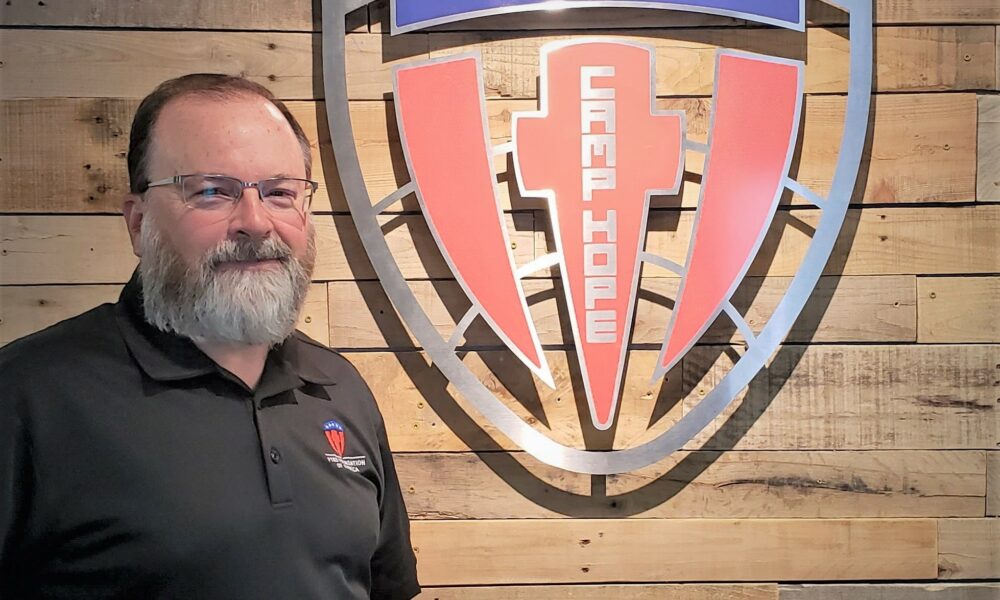

Today we’d like to introduce you to David Maulsby. Them and their team share their story with us below:
In 2009, David began the mission of the PTSD Foundation of America by walking the streets of Houston and finding homeless Veterans, reaching one at a time. As an ordained Minister, David brought his love of God, his strong faith, and steady leadership to serve and support our country’s Combat Veterans and their families. He has provided the leadership to save lives and build this organization fueled by his love for this country and those who serve.
To date, The PTSD Foundation of America/Camp Hope has helped thousands of Veterans find hope and healing to make positive changes in their lives, restore their relationships, and manage their PTSD. As the reported Veteran suicide rate continues to rise, it is more important than ever to share the mission of The PTSD Foundation so that we may continue to serve those who have served us.
I’m sure you wouldn’t say it’s been obstacle free, but so far would you say the journey has been a fairly smooth road?
This actually made me laugh. It has been anything but a smooth road, but it has been a very rewarding experience and we have met some amazing people along the way.
When we began this lifesaving mission, we literally did not own a paperclip. All we had was a piece of paper stating we are a 501(c)(3) and a passion to save one life. Today, we have a five-acre campus Camp Hope and The PTSD Foundation of America’s services are completely free of charge to the Veterans who participate. In order to make that progression, we had to simultaneously build trust in the Veteran community (those we were desiring to serve) as well as the community overall (those who would eventually fund our programs). This means we are 100% community-funded.
Further, our peer-to-peer, faith-based, whole-person approach was innovative, meaning there was no model for us to follow. As demand for our services began to grow, we experienced extreme challenges. Thankfully, we have adapted and continued to expand and refine our processes.
Alright, so let’s switch gears a bit and talk business. What should we know about your work?
Camp Hope is a 6–12-month residential program based in Houston, TX, provided free of charge to any combat Veteran suffering from PTSD. There, Veterans are guided through an extensive program focusing on mental, physical, spiritual, and emotional health (the “whole-person” approach). Our mission is to reduce the daily Veteran suicide rate from 44 to 0. The PTSD Foundation of America has now expanded to several other states to provide hope and healing through Warrior groups specific for combat Vets, their families, and first responders. In addition to our program for the Veterans, we serve their families. This is mission is critical as we work on creating a “new normal” and build a plan for life-long success.
More than 1,700 Veterans have come to Camp Hope, and thousands more have been a part of our support groups, and many will tell you that our programs are the reason they are alive today. Many more are reunited with their families, and successfully making a positive impact in their communities. This is, of course, our primary focus, and the benefits are obvious. Not as obvious, however, is this impact as we strive to quell the stigma associated with mental health issues.
We’d love to hear what you think about risk-taking.
Risks are inherent in launching a mission such as ours. In the very first days of endeavoring to launch our mission, I scheduled an appointment with the Veterans Director in the Mayor’s office. After sharing with him our mission and hopes, he basically told me that we would fail and ultimately cause more harm than good in the community. All these years later, I can understand where he was coming from, but I’m thankful that he was wrong.
Was it is risky? Sure. Crawling through a window to reach a Veteran who was in crisis was risky, but he is alive today and a healthy part of his family. Was it risky to bring in nearly 100 combat Veterans on our campus when the VA was closing its doors? Of course, it’s all a risk. But the greater risk is this: what if we did not exist?
Contact Info:
- Website: www.ptsdusa.org
- Instagram: https://www.instagram.com/ptsdfoundationofamerica/
- Facebook: https://www.facebook.com/ptsdusa/
- Twitter: https://twitter.com/ptsdusa
- Youtube: https://www.youtube.com/user/ptsdusa/featured
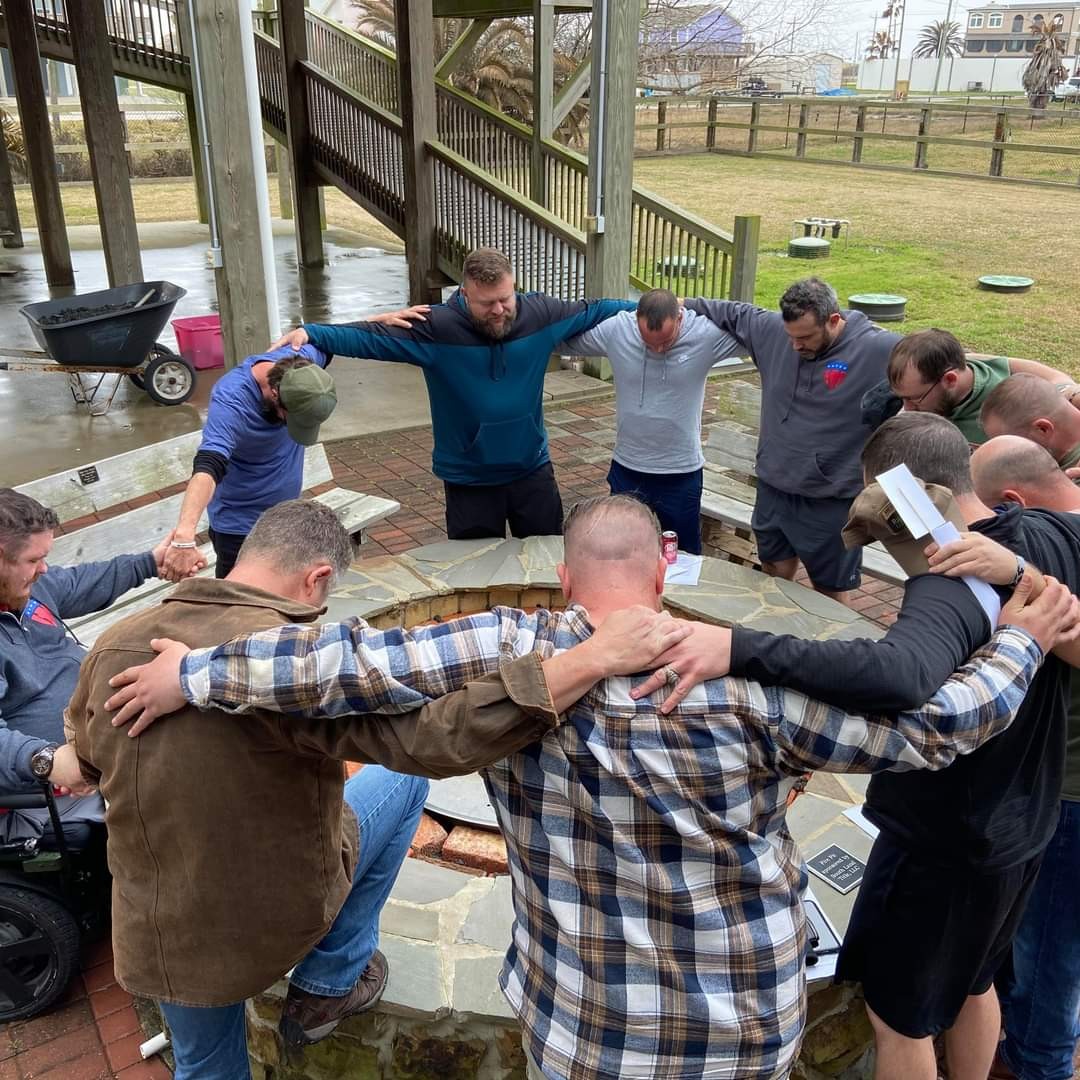
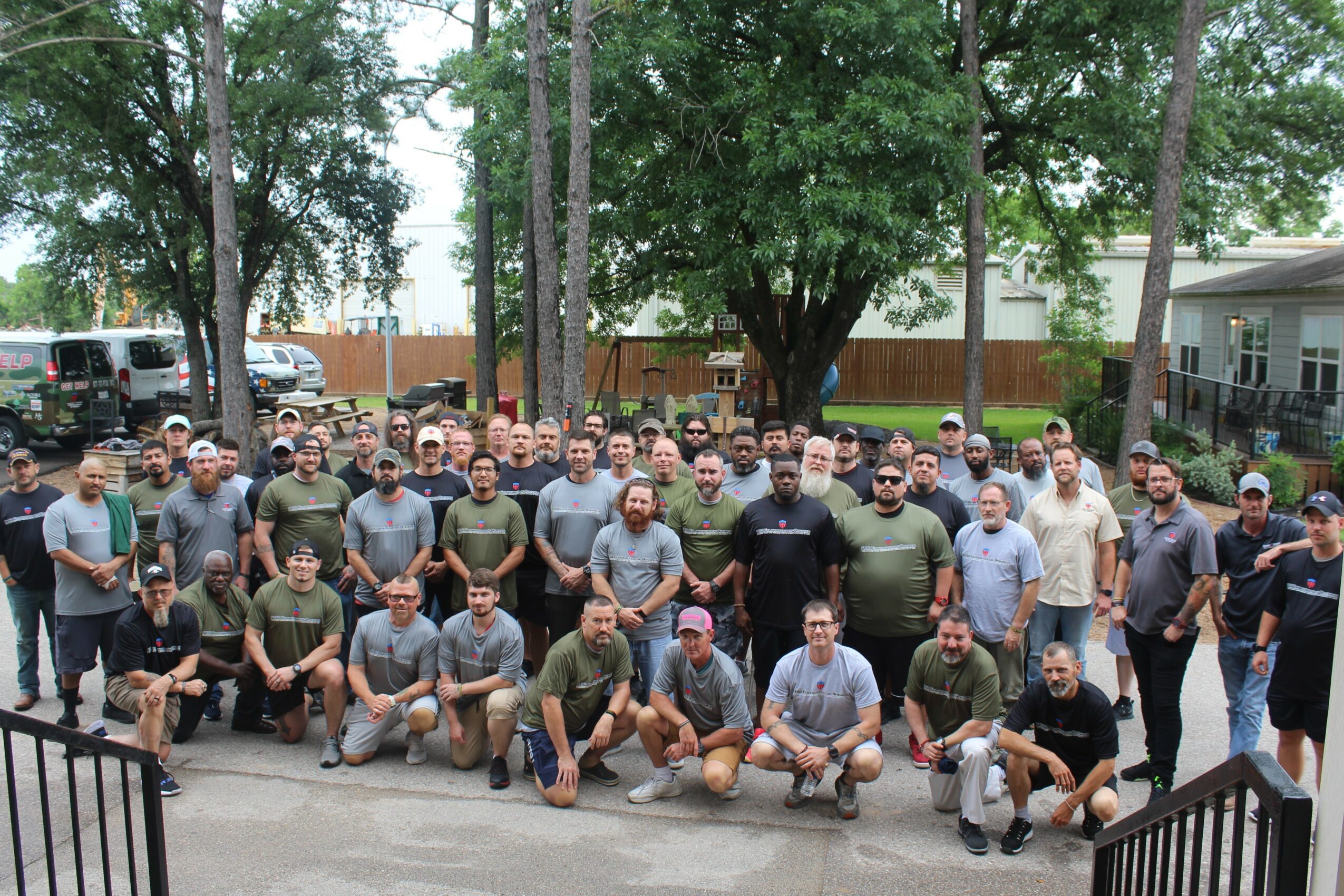
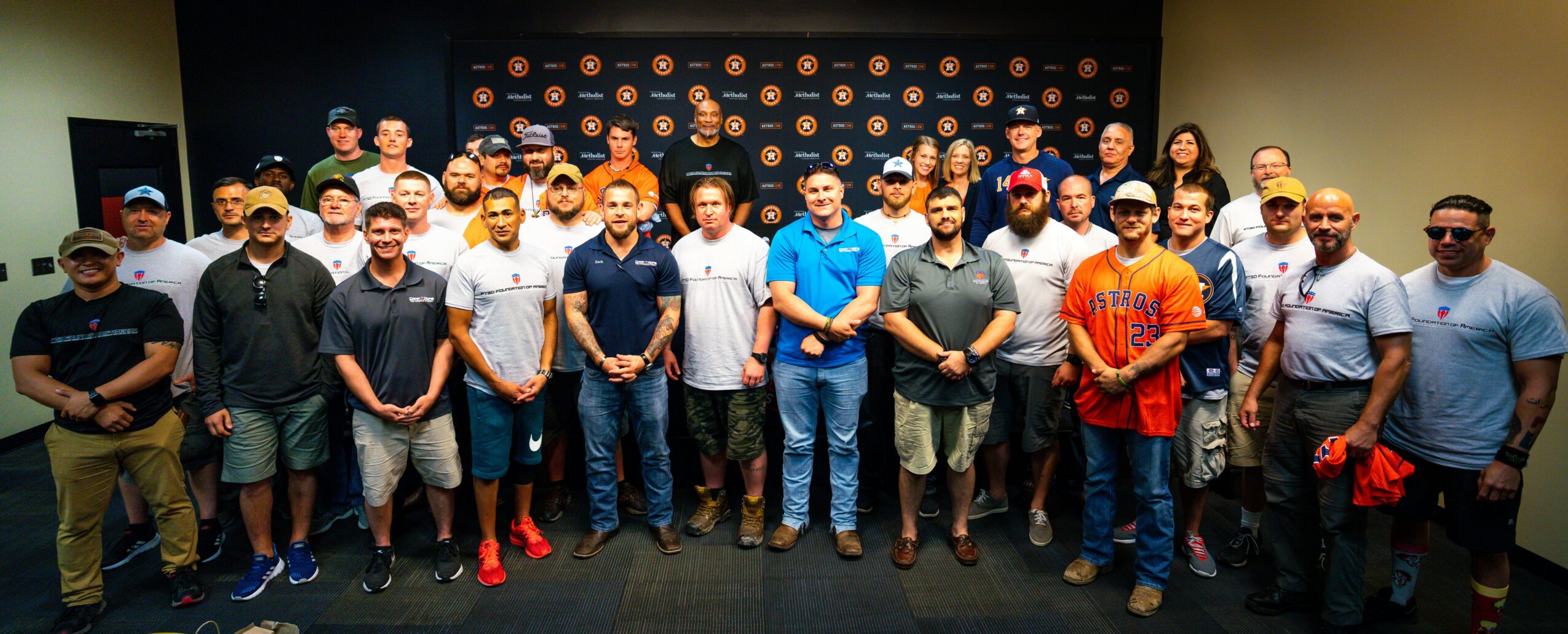
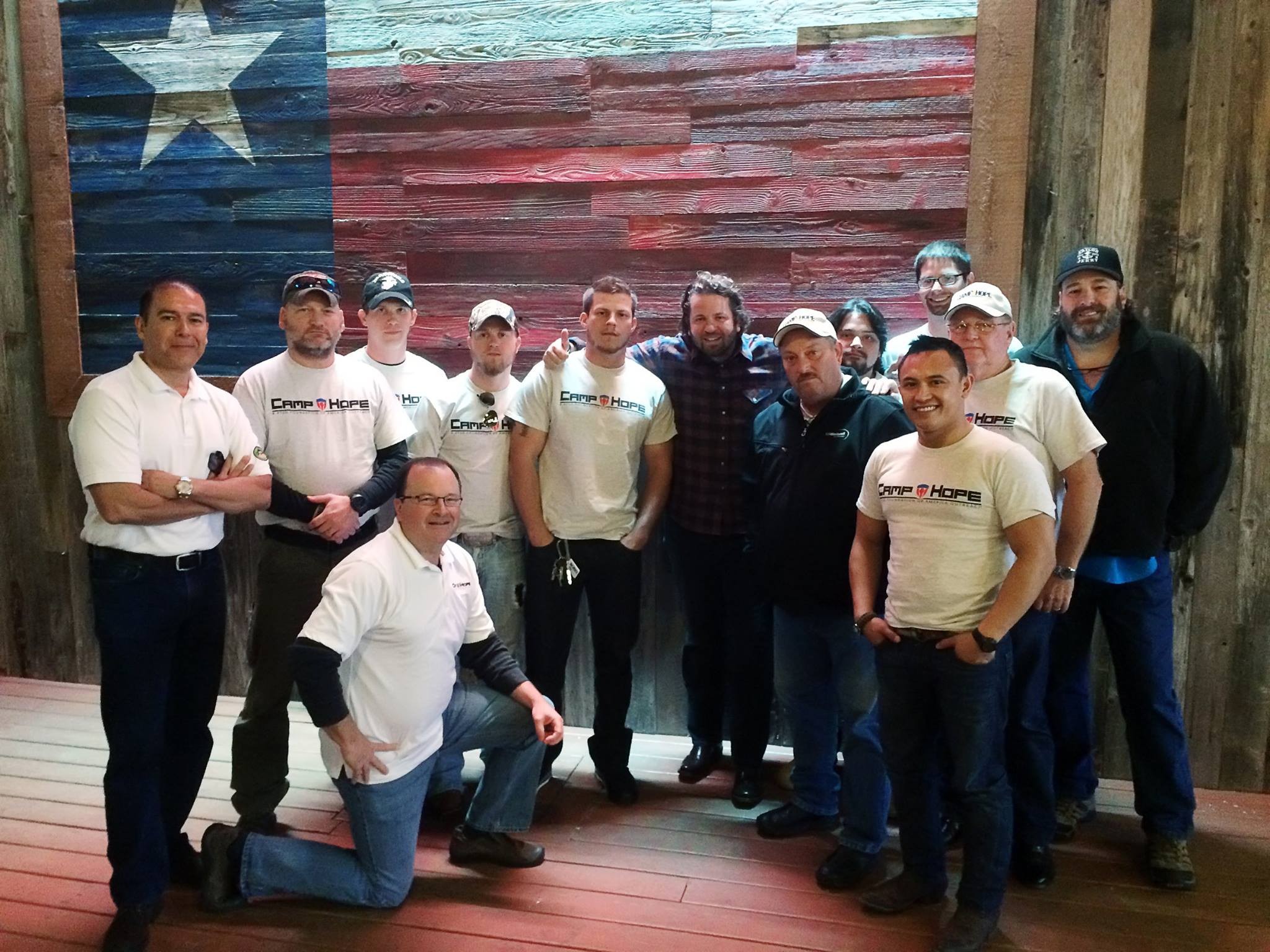
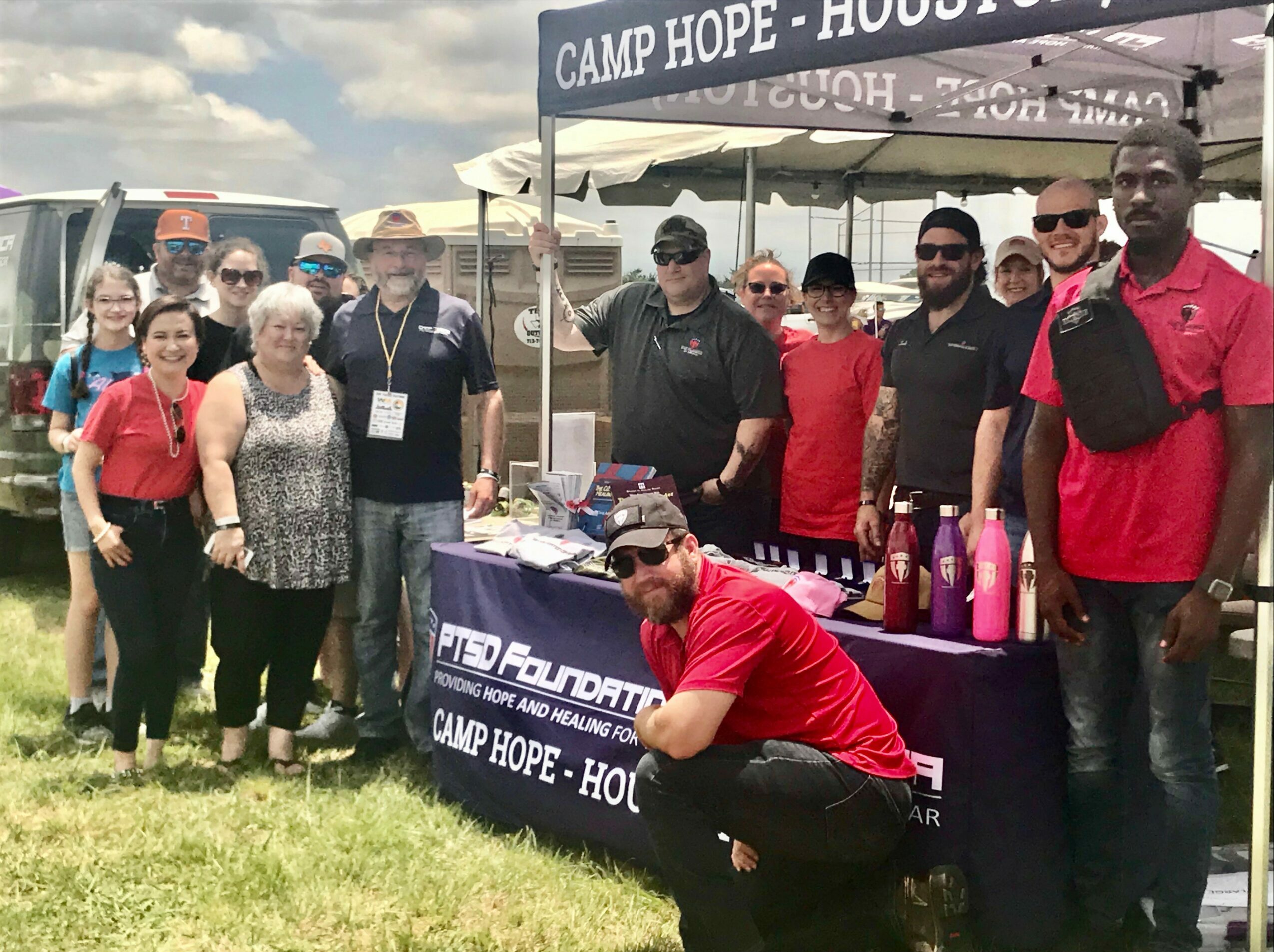
Image Credits:
PTSD Foundation of America










